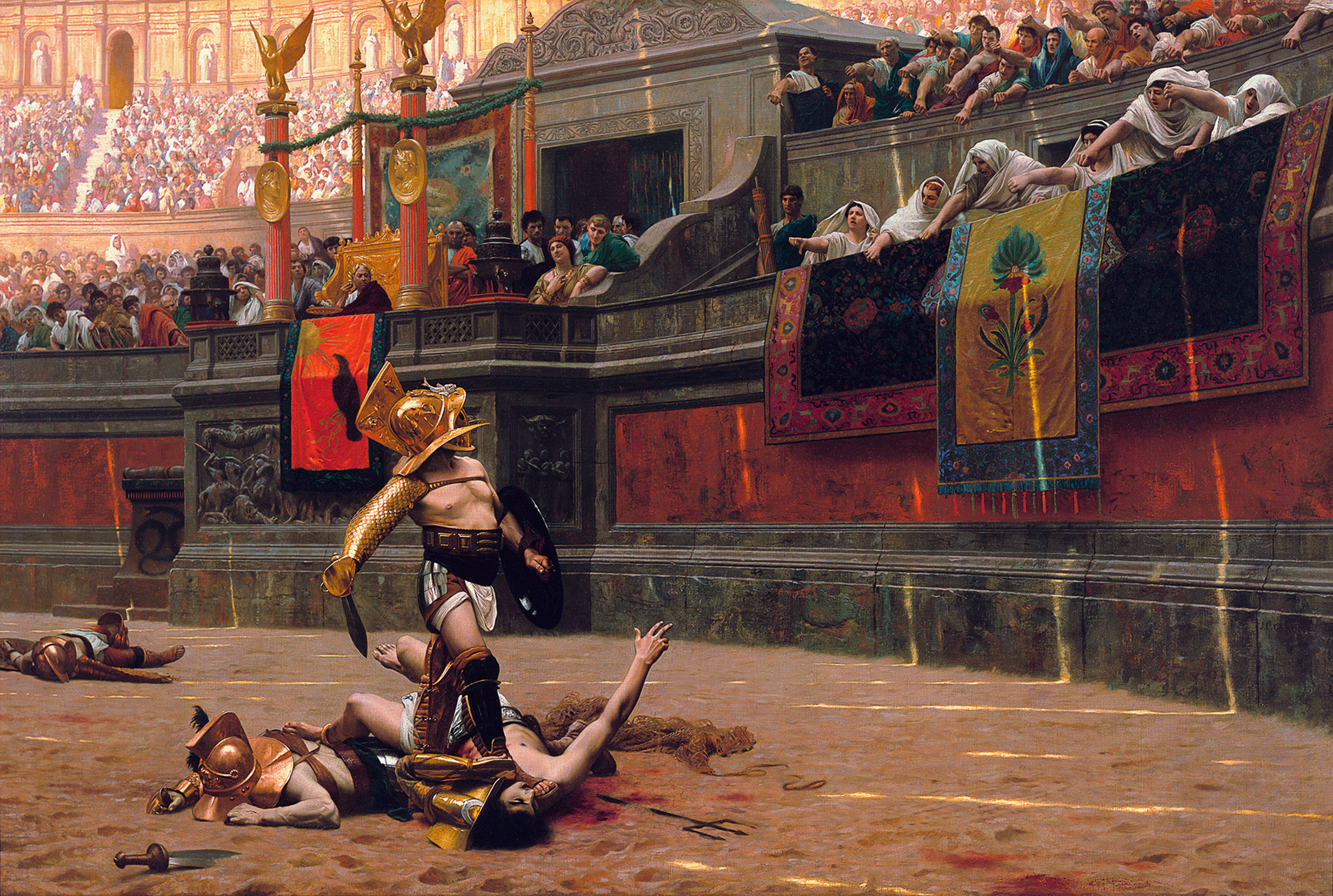Being born to the wealthiest of the Hellenic kingdoms, it was only natural for Alexander to receive the best education money could get. Philip of Macedon went on to find the most renowned of the philosophers of Greece; Aristotle. Aristotle was one of the great polymaths of antiquity. He excelled not only in philosophy but also in physics, psychology, biology and many other fields of study. Few people had the privilege of being tutored by a living legend. Alexander received from him lessons on morals and politics as well as more general subjects like medicine or literature.

He was said to be quite fond of Aristotle, having even stated that he was given life from Philip, but Aristotle had taught him to live well.
Plutarch writes that from Aristotle, Alexander learnt as well the so called oral doctrine. It seems that philosophers of antiquity did not publish all their teachings, some were meant to only be passed orally. These lessons contained teachings considered more advanced, more valuable and were reserved only for the most privileged students, those who has already been initiated in the discourse of philosophy, as they were not mere lessons for the crowds.

Alexander understood well the importance of knowledge, he was quite illustrated in that regard. He was said to be quite an avid reader. After all it was true then and true now that knowledge is power. Throughout his campaign to conquer the [known] world, Alexander maintained correspondence with his teacher. In one such occasion Alexander learned that Aristotle was publishing some of his oral doctrines. He felt betrayed, and furiously wrote to Aristotle about the matter:
“Alexander to Aristotle greeting. You have not done well to publish your books of oral doctrine; for what is there now that we excel others in, if those things which we have been particularly instructed in be laid open to all? For my part, I assure you, I had rather excel others in the knowledge of what is excellent, than in the extent of my power and dominion. Farewell.”
Was Alexander an elitist zealous of knowledge or rather a pragmatic ruler who understood the power of knowledge? Maybe neither as he doesn’t suggest it is this knowledge that gave him an edge on the matters of state building, rather saying he cherish exceling in knowledge. If he had only known science has greatly benefited from openly sharing knowledge. I wouldn’t find myself reading such ancient books had I not a desire to expand our understanding of the past.
Alexander’s relationship with Aristotle ended when Alexander executed Aristotle’s grandnephew; Callisthenes. He had supposedly conspired to murder Alexander at the peak of his strength. Had he? We can’t know for sure, Alexander was a rather paranoid and choleric person. I’m not sure if the murder plot was true.
Interestingly one of the theories of his death was that he was poisoned by Antipater, and Aristotle itself prepared the poison. Was that vengeance for the execution of Callisthenes or simply trying to see him finally die as he had grown to become a dangerous tyrant. I personally think Alexander died of malaria but I find that theory very interesting. Aristotle died of natural causes a year after Alexander.

